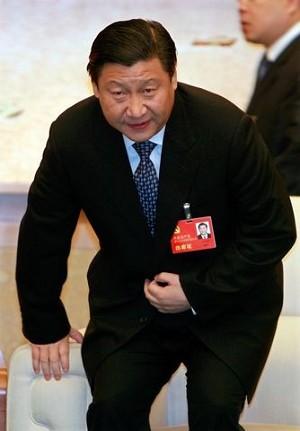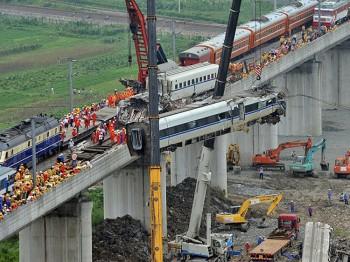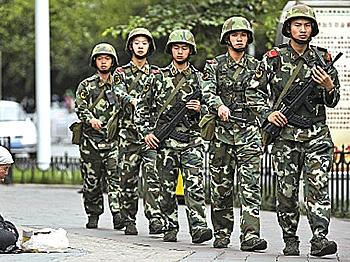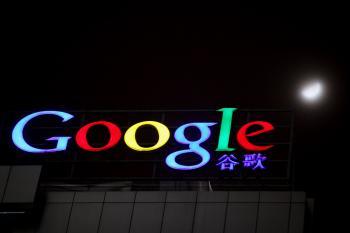In a turn of events at the 17th Congress of the Chinese Communist Party (CCP), in mid October, Xi Jinping, who held the post of the Shanghai Party Chief for just seven months, was appointed to the Politburo Standing Committee. This significant promotion raised him two levels. Xi has replaced Zeng Qinghong in the CCP’s inner circle.
Xi’s appointment could have serious political implications.
Nullifying Hu and Wen’s Political Investment in Shanghai for the Last Half Year
Xi Zhongxun, Jinping’s father, was a State Councilor for the People’s Republic of China and was considered one of the first-generation leaders of the Communist regime. Hu Jintao appointed Xi Jinping to Shanghai Party Chief nearly seven months ago. Xi’s style of leadership was said to be “close to the people.” Normally, his next step would be to implement Hu’s directives from the 17th Congress.
However, Xi’s sudden promotion to Beijing nullified Hu and Wen’s political investment in Shanghai over the last seven months. Even if Hu were to appoint someone new, this new person would need to start from scratch. Xi’s promotion could have been a move by Jiang and his followers to maintain control of Shanghai. This will indeed make it more difficult for Hu to break into the Shanghai Faction.
It is no surprise that the Shanghai police have become more unchecked recently. Attorney Zheng Enchong, who has dealt with the police on many occasions, was stopped from attending a hearing for a Zhou Zhengyi, a businessman arrested for fraud. Zhou has an unusual relationship with former regime leader Jiang Zemin’s son Jiang Mianheng. When Zheng asked who was denying him access to the hearing, the police said, “All leaders in Shanghai have unanimously agreed. Now that Xi Jinping has been appointed to Beijing, our new leader is Han Zheng. We will only listen to him.”
Han Zheng is the second-highest official in Shanghai. Hu allowed Han to retain his position because Han voluntarily offered information on corruption involving Chen Liangyu, a former Shanghai Party Chief who was a member of Jiang’s clique.
Xi Jinping has not yet shown what he is capable of as a politician. Being the son of a former high-ranking CCP official, he has been respectful to the older-generation leaders. Therefore, he is well liked among the older officials. This also makes Jiang Zemin believe that Xi has some respect for him and will not completely turn around and prosecute Jiang for his crimes. On the other hand, Jiang does not trust Hu’s protégée Li Keqiang. Therefore, Jiang is under the impression that it is safe to push Xi to a high position in the CCP’s central leadership.
Xi’s fast climb on the political totem pole is clearly a double win for Jiang. Hu Jintao has tolerated this move for now but will likely take some action against it later, as is his usual style.
There have been signs that Hu has started to narrow in on the Shanghai Faction, directly threatening the power of the Jiang family.
For example, Zhou Zhengyi’s fraud case is heating up again. This case is much more serious than the Yuanhua case [1] several years ago, which exposed corruption within the Shanghai Faction. Zhou’s case involves both Shanghai and Hong Kong, from financial circles to the political arena, and spans 15 years. The number of people involved in Zhou’s case is expected to be higher than the Yuanhua case. The media have reported that the CCP Central Committee has learned the details of a secret meeting between Jiang Mianheng and Zhou Zhengyi in 2003.
Reports are circulating that the Jiang family transferred about US$ 2 billion overseas. These financial problems are Jiang’s Achilles’ heel.
Xi’s departure broke the previous political “balance” in Shanghai. A new battle is likely to start soon.
[1] The Yuanhua case is the largest corruption case in modern Chinese history. Yuanhua Group, based in Xiamen, Fujian Province, was involved in smuggling of property valued at 53 billion yuan (US$7.5 billion) and evaded approximately 30 billion yuan in taxes.




